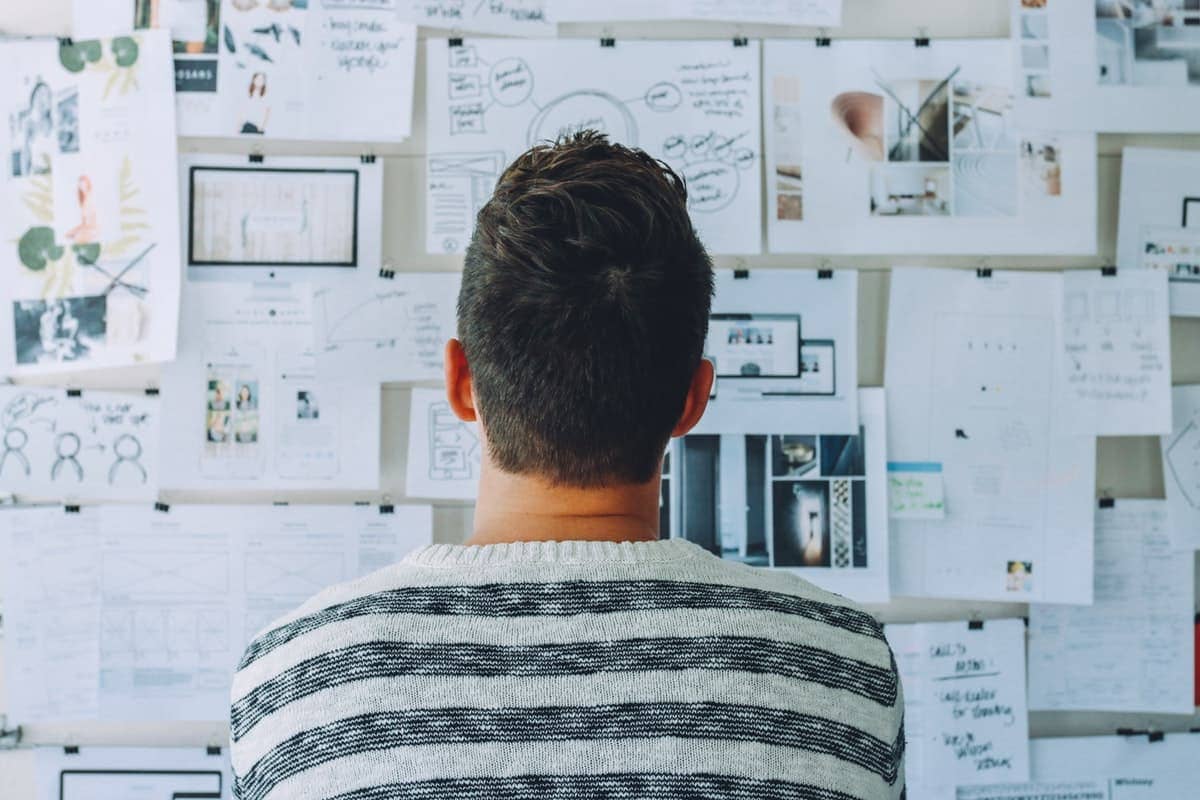For many adults with ADHD, bedtime can feel like the start of yet another marathon—a whirlwind of thoughts and restless energy when you’re supposed to be winding down. The connection between ADHD and sleep challenges is a common but often misunderstood struggle. Let’s explore why ADHD minds have a hard time shutting off at night and practical strategies to calm the chaos.
The Link Between ADHD and Sleep Challenges
Mental Hyperactivity at Night
People with ADHD often experience racing thoughts at bedtime, making it difficult to relax. Your brain might replay the day’s events, leap ahead to tomorrow, or get stuck in endless loops of ideas and worries
Delayed Sleep Phase Syndrome
A common sleep issue among adults with ADHD is delayed sleep phase syndrome (DSPS). This means your natural body clock might shift later, leaving you wide awake when others are fast asleep.
Impact of ADHD Fatigue
Ironically, ADHD fatigue—the mental and physical exhaustion from overstimulation—can also worsen sleep problems. Your body is tired, but your mind refuses to cooperate.
How ADHD and Insomnia Affect Daily Life
Poor sleep leads to a vicious cycle of ADHD symptoms:
- Difficulty Focusing: Lack of rest makes it harder to concentrate.
- Emotional Regulation: Sleep deprivation can heighten irritability and mood swings.
- Productivity: ADHD and insomnia together often lead to reduced energy and efficiency.
Addressing sleep challenges isn’t just about rest—it’s a key part of managing ADHD as a whole.
Strategies to Calm Racing Thoughts and Sleep Better
1. Brain-Dumping Technique
Before bed, take five minutes to write down everything on your mind. Jotting down tasks, worries, or random thoughts can help “park” them for the night.
2. Mindfulness and Breathing Exercises
Practices like deep breathing, guided meditations, or progressive muscle relaxation can slow down your overactive mind. Try apps like Calm or Headspace for guided help.
3. Create a Consistent Nighttime Routine
Building a predictable wind-down routine signals to your brain that it’s time to sleep. Include activities like:
- Dimming the lights
- Reading a calming book
- Taking a warm bath
4. Limit Screen Time
The blue light from devices disrupts your body’s melatonin production. Try to avoid screens at least an hour before bed.
5. Use White Noise or Sleep Apps
White noise machines or soothing soundtracks can drown out distractions and promote relaxation. Apps like “Rain Rain” or “Pzizz” are worth exploring.
6. Consider Professional Support
If ADHD and sleep challenges are overwhelming, working with a therapist who specializes in ADHD can provide tailored strategies to address your unique needs.
Quick Tips for Better Sleep with ADHD
- Stick to a regular sleep schedule, even on weekends.
- Avoid caffeine and heavy meals close to bedtime.
- Experiment with weighted blankets for a calming effect.
- Keep your bedroom cool, dark, and quiet.
Take the First Step Towards Better Sleep
Struggling to manage ADHD and insomnia?
You’re not alone, and help is available. It’s not always as easy as just knowing the right techniques. Putting them into action often takes specialized support. Book a call with one of our expert ADHD therapists today to uncover practical strategies and reclaim your nights.



